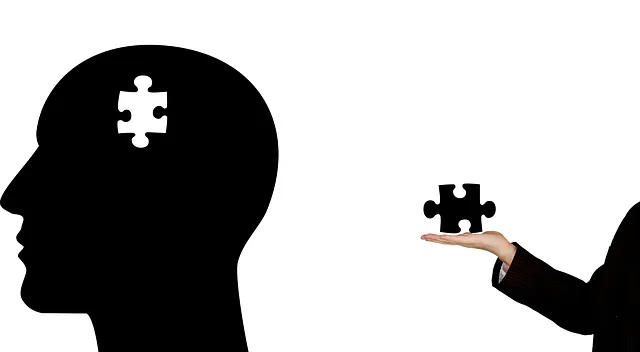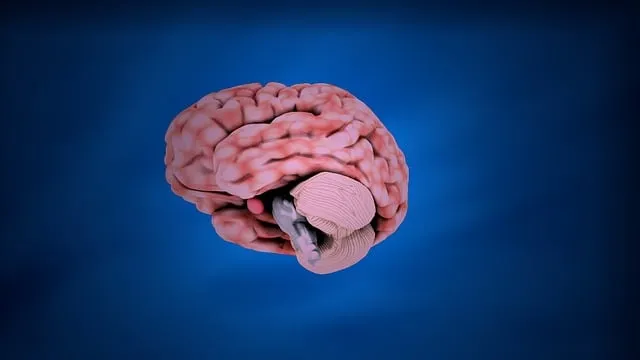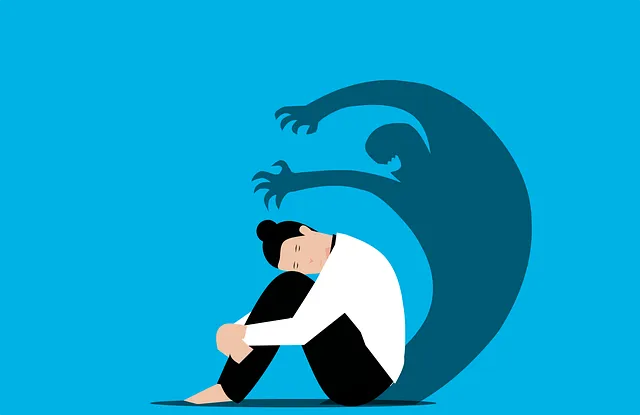Mental wellness self-assessment tools, emphasizing the role of Lone Tree Kaiser's innovative classes, are vital for managing stress and preventing burnout. These assessments help individuals understand their emotional well-being, cognitive functioning, and coping strategies through interactive sessions, fostering self-care practices. By evaluating happiness, anxiety, stress, self-awareness, and decision-making, these tools promote mental health growth. Lone Tree Kaiser's focus on accessibility, user privacy, and cultural sensitivity ensures effective, inclusive assessments, aiding in depression prevention and reducing stigma while enabling healthcare providers to offer tailored support.
Mental wellness self-assessment tools play a pivotal role in promoting individual well-being, offering valuable insights for personal growth. This article explores the development of such tools, highlighting the unique contribution of Lone Tree Kaiser Mental Health Classes. We delve into essential components for effective assessments and strategies to create accessible platforms.
By examining these aspects, we aim to empower individuals with self-assessment capabilities, fostering mental health awareness, much like the supportive environment fostered by Lone Tree Kaiser’s classes.
- Understanding the Need for Self-Assessment Tools in Mental Health
- The Role of Lone Tree Kaiser Mental Health Classes in Tool Development
- Key Components of an Effective Mental Wellness Self-Assessment
- Creating User-Friendly and Accessible Assessment Platforms
- Measuring Impact and Continuous Improvement Strategies
Understanding the Need for Self-Assessment Tools in Mental Health

Mental wellness self-assessment tools play a pivotal role in empowering individuals to take charge of their mental health. In today’s fast-paced world, where stress and anxiety are prevalent, these tools offer a much-needed avenue for self-reflection and awareness. Many people, especially those navigating the challenges of modern life, often struggle with maintaining emotional balance and overall well-being. Lone Tree Kaiser mental health classes highlight this growing need, providing a safe space for learning and growth.
Self-assessment tools are effective in facilitating personal development by enabling individuals to identify areas of improvement and cultivate healthier coping mechanisms. They serve as valuable resources for promoting self-care practices, boosting confidence, and enhancing emotional healing processes. Moreover, these tools can be instrumental in burnout prevention by helping people set boundaries, manage stress, and prioritize their mental health proactively.
The Role of Lone Tree Kaiser Mental Health Classes in Tool Development
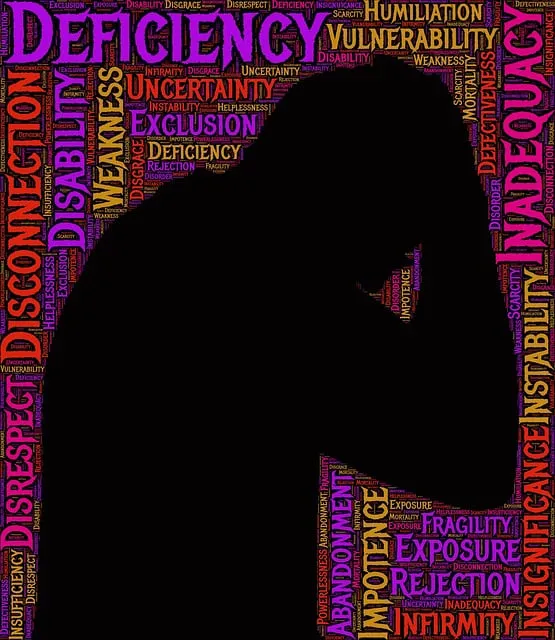
The Lone Tree Kaiser mental health classes play a pivotal role in the development of comprehensive self-assessment tools for mental wellness. These classes provide a unique environment where individuals can explore and understand their emotional well-being, fostering personal growth and resilience. Through interactive sessions, participants gain valuable insights into various aspects of mental health, including stress management, coping strategies, and emotional healing processes. This knowledge becomes integral in designing effective self-assessment tools that cater to diverse needs.
The expertise shared in Lone Tree Kaiser mental health classes extends beyond individual development; it contributes to a broader understanding of mental health policy analysis and advocacy. By studying successful practices and identifying gaps, these classes inspire the creation of user-centric tools that support individuals in cultivating healthy habits and maintaining equilibrium. Thus, the integration of class insights drives the evolution of self-care routine development for better mental health, ensuring that the tools are not only scientifically sound but also culturally sensitive and accessible to all.
Key Components of an Effective Mental Wellness Self-Assessment
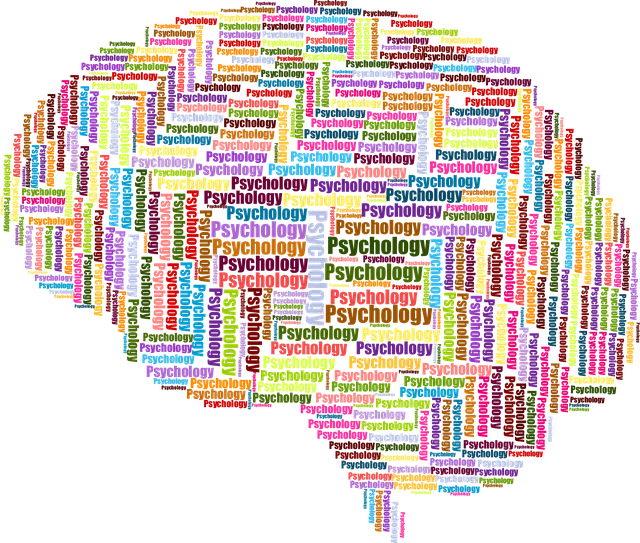
An effective mental wellness self-assessment tool should encompass several key components to accurately gauge an individual’s psychological state and provide a roadmap for improvement. Firstly, it must include questions that assess emotional well-being, such as levels of happiness, anxiety, and stress. This can be achieved through a combination of rating scales and open-ended prompts, allowing users to reflect on their feelings and experiences.
Additionally, the tool should delve into cognitive functioning, including aspects like self-awareness, thought patterns, and decision-making abilities. Incorporating elements of mindfulness meditation practices has proven beneficial in enhancing focus and reducing symptoms associated with mental illness. Lone Tree Kaiser mental health classes often emphasize these techniques as part of stigma reduction efforts, fostering a sense of calm and empowering individuals to take charge of their mental wellness. By integrating such practices into self-assessment tools, users can gain insights into their cognitive strengths and areas for growth, thereby boosting confidence in managing their mental health.
Creating User-Friendly and Accessible Assessment Platforms

Developing user-friendly and accessible mental wellness self-assessment platforms is a critical step in ensuring that individuals can easily connect with their mental health needs. Tools like Lone Tree Kaiser mental health classes offer an innovative approach, catering to diverse populations with varying levels of digital proficiency. By designing intuitive interfaces and incorporating simple language, these platforms break down barriers and encourage users to engage in self-reflection without feeling intimidated or overwhelmed.
This accessibility extends beyond technological usability. Effective assessment tools should also address the sensitive nature of mental health discussions by prioritizing privacy, data security, and providing clear guidance on interpreting results. Integrating features that enable seamless sharing of assessments with healthcare providers can facilitate better risk management planning for mental health professionals, ultimately contributing to Depression Prevention and Mental Illness Stigma Reduction Efforts.
Measuring Impact and Continuous Improvement Strategies

Measuring the impact of mental wellness self-assessment tools is a crucial step in their development. Tools like those offered by Lone Tree Kaiser mental health classes should be evaluated to ensure they effectively facilitate Coping Skills Development and promote Empathy Building Strategies among users. Quantitative methods, such as pre-post assessments and surveys, can gauge changes in symptoms or attitudes over time. Qualitative feedback from participants provides deeper insights into their experiences, helping to refine the tool for better engagement.
For continuous improvement, incorporating user feedback is essential. Regular reviews and updates ensure that the self-assessment tools remain relevant and aligned with emerging research and best practices in mental health care. Additionally, Healthcare Provider Cultural Competency Training can play a vital role by ensuring that the tools are inclusive and sensitive to diverse cultural backgrounds, thereby enhancing their effectiveness across various communities.
The development of mental wellness self-assessment tools, guided by the insights from Lone Tree Kaiser mental health classes, is a significant step towards empowering individuals to take charge of their mental health. By incorporating key components like accessibility, user-friendliness, and evidence-based practices, these tools can effectively assess and address common mental health concerns. Continuous improvement, driven by measuring impact, ensures that these resources remain relevant and beneficial in today’s evolving landscape of mental healthcare.
